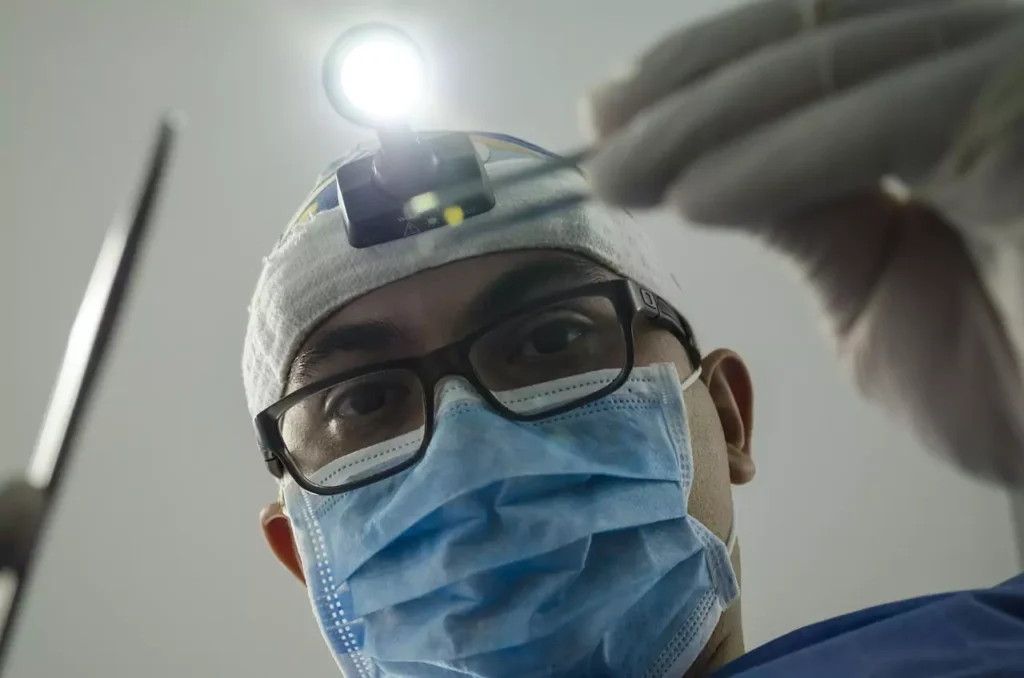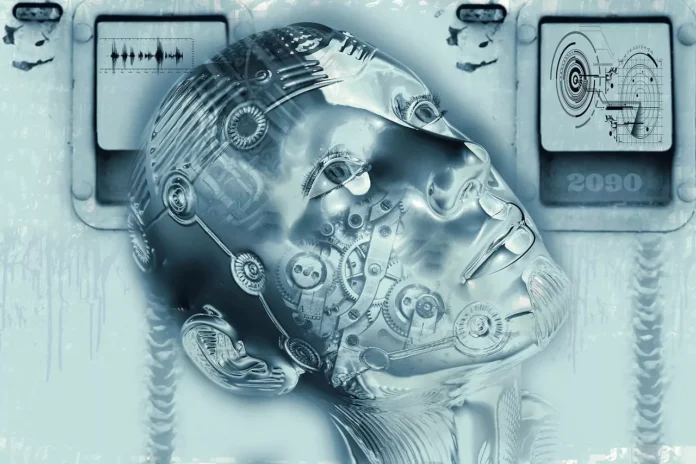Telemedicine is changing how we do doctor visits today. Who thought we would be able to make video calls with physicians or track blood sugar from our own homes via apps? Everything has become so convenient now. But every good thing has a bad side. Digital healthcare is the same. There are risks. If the telemedicine companies could not save your private health information properly, you would have to face so many troubles you have nothing to do with. That is why we need data security in telemedicine. In this article, we are discussing everything you need to know about why data security matters in telemedicine.
Guard your health information online with data security in telemedicine.
What Is Telemedicine? Before discussing data security, let’s first talk about what telemedicine is. Today, patients can connect with physicians remotely using their digital devices. For example, you do not have to sit in a waiting room to meet your doctor for your routine checkup. You can do it via a video call. It saves time and reduces costs. That is not all. Even people in rural areas or those who cannot leave their homes can get care this way.
It is easy and straightforward, right? So, what is the problem? The problem is every time you share your sensitive health information (like symptoms, test results, or medicines) online, hackers or unauthorized people could intercept or misuse it. That is why data security in telemedicine is critical.
Why is protecting patient data in telemedicine important?
Remember what happens when you go to a doctor in person for a moment. The clinic or hospital stores all your medical records securely in paper files or electronic systems in the clinic or hospital, right? But in telemedicine, your records get transmitted over the internet. This is where the risk is. If no proper security measures are implemented, cybercriminals can steal this data. Then, they could use this data to commit serious cyber crimes like identity theft, financial fraud, or even blackmail.
If cybercriminals hack into your telemedicine account, they could get all the details about your prescriptions, diagnoses, or mental health history. This is a total violation of your privacy. And it will completely destroy your reputation or relationships. What is worse? Cybercriminals could sell your stolen medical data illegally on the dark web.
This is why governments and health organizations have put strict rules in place to make sure telemedicine platforms handle patient data responsibly. One of these necessary regulations is HIPAA compliance. We will discuss it next.
Telemedicine and HIPAA compliance
The Health Insurance Portability & Accountability Act protects sensitive patient information from being disclosed without permission. Thanks to this law, your health information is kept locked down. If a telemedicine company or platform wants to offer telemedicine services, they have to follow HIPAA rules.
What does HIPAA compliance mean for protecting patient data in telemedicine?
Encrypt everything
HIPAA says all your health data, video calls, texts, and emails must be encrypted and stored securely. When it is encrypted, it is like your information is in a locked box that only you and your doctor can open. Even if hackers grab it mid-transit, they will just see unreadable code.
Double-check who is logging in
No more lazy passwords. HIPAA makes apps use strong authentication methods, like fingerprint scans, face IDs, or a code texted to your phone. Unauthorized people cannot pick these locks as quickly.

Cybersecurity challenges in telemedicine
Telemedicine is very convenient, but it is not bulletproof. Let’s look at where things go wrong in this field.
Weak passwords
Many people use incredibly weak passwords like “123456” or “password” or their birthday. It is like you are leaving your front door wide open for burglars to come in. Cybercriminals can easily pass these weak passwords and walk right into your medical records.
Unsecured wi-fi networks
Public wi-fi networks are another major issue. But patients are not aware of it. They just connect to their telemedicine apps in coffee shops or airports without thinking twice. If cybercriminals target these networks, they can easily eavesdrop on your most personal conversations.
Phishing attacks
Phishing attacks are another terrible challenge to cybersecurity. Today, hackers create fake emails that look exactly like they are from legitimate telemedicine providers. This way, they trick users into clicking malicious links or sharing their login details.
Outdated software
You must regularly maintain your car to run it well, right? Software is just like that. They need constant updates. When telemedicine platforms do not update their systems, they leave digital doors open for attackers. Cybercriminals can easily break into these outdated systems.
Insider threats
Sometimes, threats can come from healthcare organizations themselves. Employees might lose a laptop, fall for a social engineering trick, and accidentally expose patient data. It is human error. But the consequences can be terrible.
How can we improve data security to protect patient data in telemedicine?
The good news among all these threats? We can fight back. Here are a few practical steps to improve data protection in telemedicine.
For doctors and apps
- Use end-to-end encryption – Make sure only doctors and patients can read messages.
- Security checkups – Test for weak spots every few months.
- Train staff – Teach employees to spot phishing and avoid mistakes.
For patients
- Create robust passwords – Use a password manager (like LastPass or 1Password) to create/store tough passwords.
- Turn on 2FA – This extra security step can stop 99% of hackers.
- Avoid public wi-fi – Use a secure, private network when accessing telemedicine apps. If you must use public wi-fi, use a VPN service.
- Stay updated – Remember those annoying app updates? They are fixing security holes in apps. So, keep your devices and apps up to date.
Conclusion
Telemedicine is a great level up in the healthcare system. Whether you are in a remote area, have mobility challenges, or have travel issues, you can just tap your digital device and get the medical care you need directly, thanks to this advancement. But this convenience should never cost your privacy. That is what data security in telemedicine works on. Every small step, whether using a strong password, updating your app, or being cautious about public networks, matters to protect your health information.


